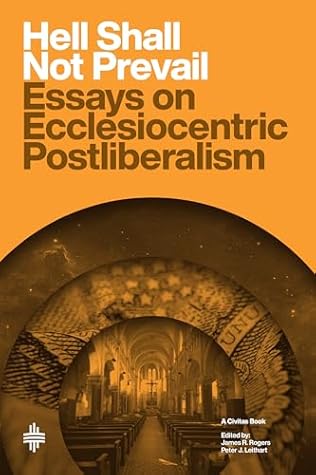Thus, though the church was a nation unto herself, she modeled true familial affection, true nationhood, and true civic order to the cities and peoples of the Roman world. She existed to “disciple all the nations” (matheteusate panta ta ethne; Matt 28:19), giving the nations a new identity and vocation through baptism, transforming the customs and values of all ethnicities by teaching them the commandments of Jesus. She existed to bring about the “obedience of faith among all the Gentiles” (Rom 1:5).
"Matheteusate" is a greek verb. It means "disciple," an intensive form of "train" or "instruct,' as in "Our pastor disciples me." The direct object of disciple/train in Matthew 28:19 is "all the nations/ethnicities," and "nations/ethne" is thus the "them/autous" moving forward in the passage.
Therefore grammatically, it is the "nations" that Jesus commands His apostles to disciple, baptize into the Triune Name, and teach to observe all that He commands, as their King of kings and Lord of lords.
Our translations do us a disservice by making the verb "matheteusate" into a verb and a direct object ("make disciples") and then making this eisegeted noun "disciple" the focus of the sentence. It lowers the bar considerably, as well as shifts the overall focus of the Great Commission.


